Whether you’re visiting Provincetown by land or sea, you’re sure to spot the larger-than-life portraits of women gazing out from Fisherman’s Wharf known as “They Also Faced the Sea”.
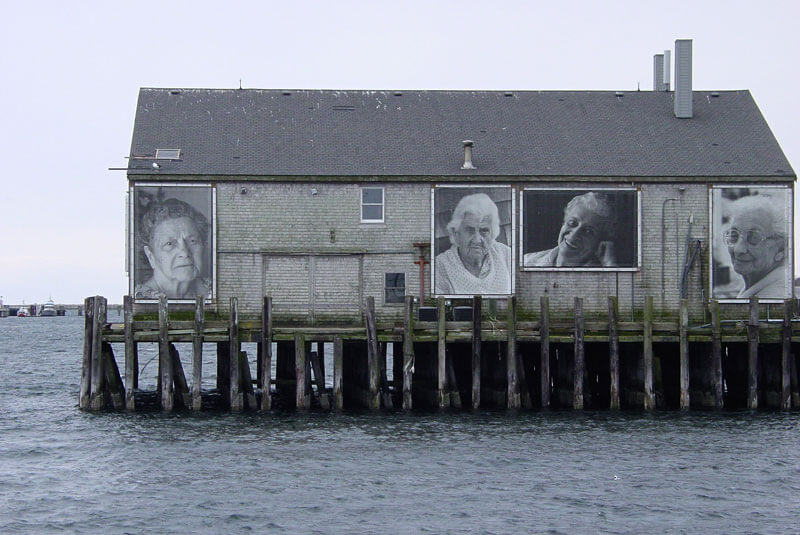
This installation celebrates the Portuguese Heritage of Provincetown and the Portuguese women whose families were the backbone of Provincetown’s fishing industry. As Provincetown prepares for their annual Portuguese festival and the Blessing of the fleet, let’s explore this installation of Portuguese heritage some more.
Provincetown’s Storied History
Provincetown has long prided itself on being a welcoming destination. These days it is known as an artists’ colony, home to an eclectic mix of people, and longtime summer destination for the LGBTQ+ community. Over the years, the very tip of the Outer Cape has been home to a wide number of groups, starting with indigenous people from the Wampanoag and Nauset tribes.
From 3000-2000 BCE the Outer Cape was settled by hunter gatherers from the Wampanoag and Nauset tribes. The tribes eventually shifted from just hunting and gathering to incorporating agriculture and fishing into their lives on what would become Provincetown.
European explorers visited the coastline of the Cape throughout the 1600’s, with Bartholomew Gosnold visiting Provincetown Harbor in 1602. He named the area Cape Cod for the abundance of fish that were found in the area’s waters. European settlers followed the explorers, with John Smith visiting in 1614, and the Mayflower dropping anchor in Provincetown’s Harbor in 1620.
Why Did Portuguese Immigrants Migrate to Provincetown?
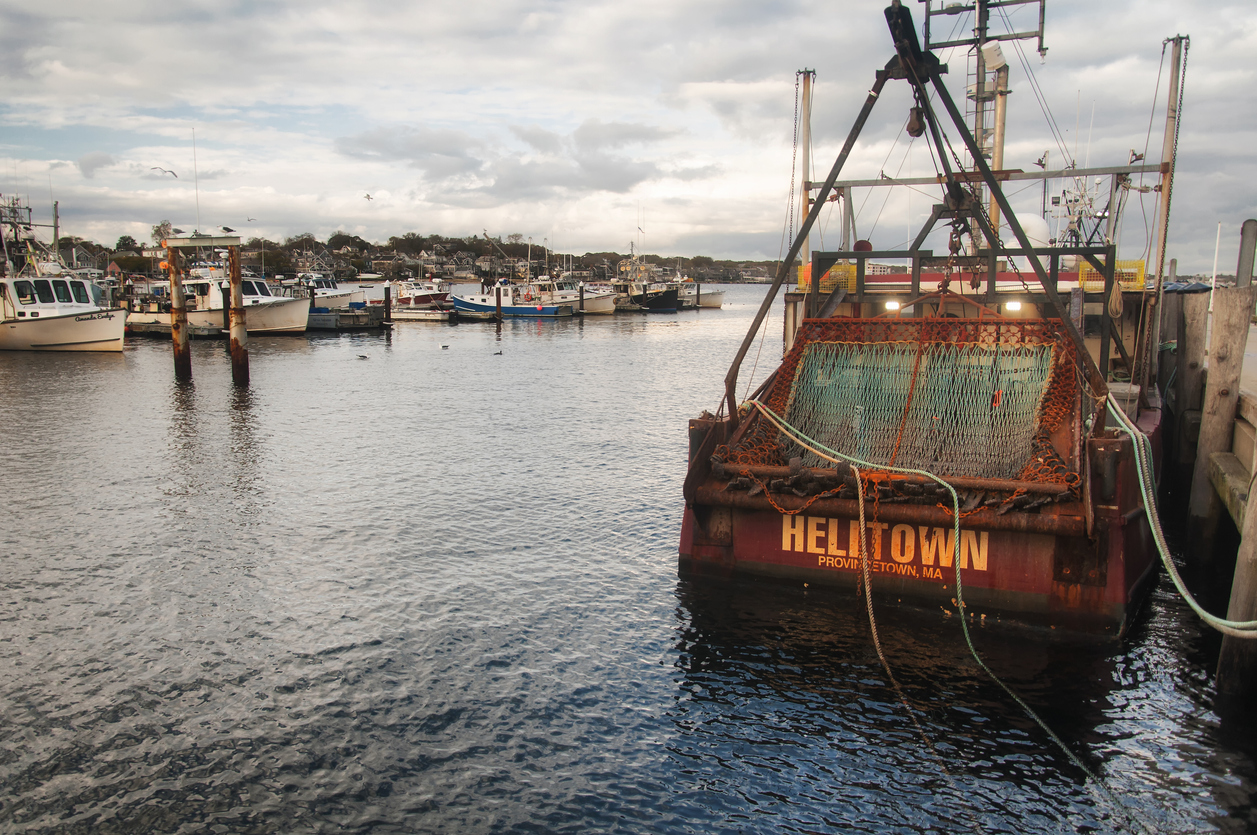
Provincetown has also been a historic destination for Portuguese immigrants involved in the region’s fishery. As the region changed and developed the whaling industry began to take off in the 1800’s. This new industry brought Catholic Portuguese fishermen to the region. Many whaling ships left their ports in Europe with skeleton crews, stopping in the Azores to pick up skilled Portuguese whalers for the journey.
Many of the Portuguese fishermen and whalers ended up settling in Provincetown, with their families and extended families joining them on the Outer Cape. The hard-working Portuguese fishermen soon dominated the whaling and fishing industries, with their families settling on the west end of Provincetown. The town was long divided between the Portuguese West End, and the Yankee dominated East End.
The railroad made its way to the end of the Outer Cape, bringing tourists to the area. Portuguese women began taking in boarders while their husbands were away at sea. Housing these visitors was a way of making a little extra money for the fishing family. Many of these single young men returned year after year, with some buying bed and breakfasts and staying in the area year-round. This eventually formed the foundation for Provincetown to become the refuge and haven for gay and lesbian visitors it is known as today.
What are the Portuguese Contributions in Provincetown?
While the whaling and fishing industries have given way to a thriving tourism 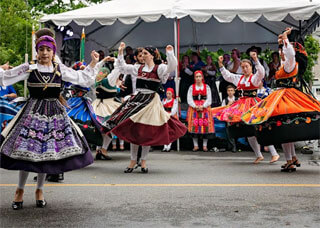 industry on the Cape, the Portuguese influence can still be seen in Provincetown’s Portuguese bakeries, and more.
industry on the Cape, the Portuguese influence can still be seen in Provincetown’s Portuguese bakeries, and more.
The Portuguese contributions to Provincetown are also celebrated in the annual Provincetown Portuguese Festival and The Blessing of the Fleet. The festival, from June 28th – 30th, celebrates the proud seafaring heritage and Portuguese influence in the area with three days of music, dancing, parades, great food, games, music and more. The festival features over thirty events and activities, culminating in the Blessing of the Fleet. Decorated boats parade through town, and past the bishop who blesses the boats with hopes for a safe and prosperous year on the water.
While the Portuguese fishermen on Provincetown are often celebrated, the art installation “They Also Faced the Sea”, aims to call attention to the contributions made by the women in the Portuguese community.
The installation, which was first erected in 2001, celebrates the Portuguese roots found in P’Town, and the hard-working women who embody it. The Portuguese matriarch of Provincetown featured in “They Also Faced the Sea” are Eva Silva, Mary Jason, Bea Cabral, Frances Raymond, and Almeda Segura. The black and white photographs were taken by Norma Holt, a longtime member of Ptown’s artists community.
Who Was Norma Holts?
Norma Holt, born in 1918, was a photographer whose career spanned decades and continents. Her style was born from street photography in New York City in 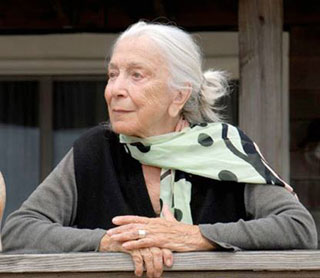 the 30’s and 40’s. She photographed ordinary people, calling attention to their circumstances through stark, intimate, and unflinching portraits of people as they were. In the mid 1970’s, Holt began photographing the artists of Provincetown, a community of which she had long been a part. These photographs were collected in a catalog called “Face of the Artist.” During this period Holt also began to photograph older Portuguese women in the community. The women, along with their families and neighbors have been the backbone of the town’s fishing industry for two hundred years. In collaboration with local artist Ewa Nogiec five of Holt’s portraits were installed on Fisherman’s Wharf when Holt was 85.
the 30’s and 40’s. She photographed ordinary people, calling attention to their circumstances through stark, intimate, and unflinching portraits of people as they were. In the mid 1970’s, Holt began photographing the artists of Provincetown, a community of which she had long been a part. These photographs were collected in a catalog called “Face of the Artist.” During this period Holt also began to photograph older Portuguese women in the community. The women, along with their families and neighbors have been the backbone of the town’s fishing industry for two hundred years. In collaboration with local artist Ewa Nogiec five of Holt’s portraits were installed on Fisherman’s Wharf when Holt was 85.
Though Holt passed away in 2013, her work lives on with the subjects of her photographs still gaze out over the fleet, surveying the waters of Provincetown Harbor. They stand as a reminder of the hardworking Portuguese women who have made Provincetown what it is today, paying tribute to their contributions to the culture, as well as their resilience and hard work over the centuries.
Who Created the “They Also Faced the Sea”?
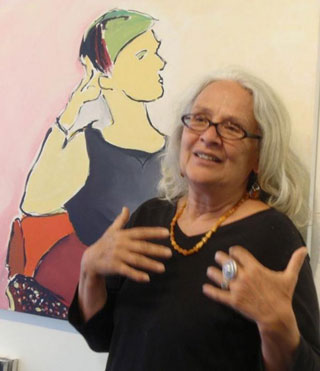 “They Also Faced the Sea” was refreshed in 2015 after over a decade of weathering on the edge of the sea. Ewa Nogiec, who is credited with the idea behind the installation, told Wicked Local Truro, “Even today, this project grabs my heart. It is not about me, and not about Norma. It is about all the women in Provincetown, not just the Portuguese. This project sends a strong message to visitors about who we are. Here we respect and love our grandmothers.”
“They Also Faced the Sea” was refreshed in 2015 after over a decade of weathering on the edge of the sea. Ewa Nogiec, who is credited with the idea behind the installation, told Wicked Local Truro, “Even today, this project grabs my heart. It is not about me, and not about Norma. It is about all the women in Provincetown, not just the Portuguese. This project sends a strong message to visitors about who we are. Here we respect and love our grandmothers.”
So be sure to take the time to stop by Fisherman’s Wharf when visiting Provincetown. The refreshed portraits stand out starkly from the weathered shingles and worn pilings of the wharf, though seem right at home in the salt air and bustle of the fishery. In the bustle and eccentric energy of Provincetown, be sure to take a quiet moment, amid squawking gulls and booming foghorns, to contemplate these women, and what it is that they represent, for They Also Faced the Sea.








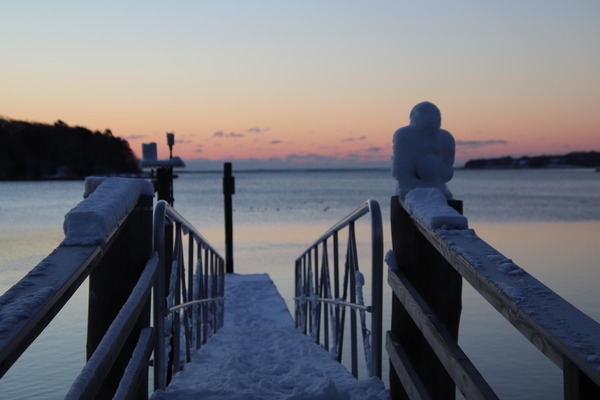
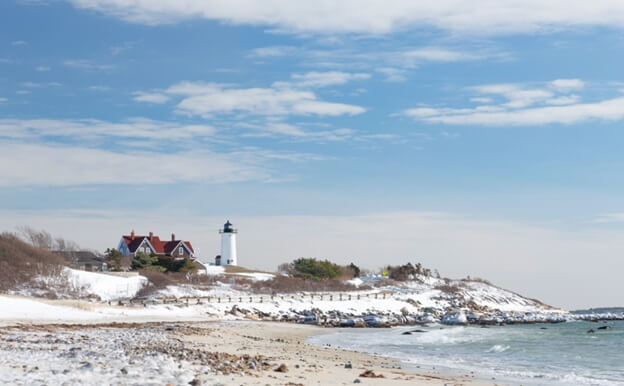
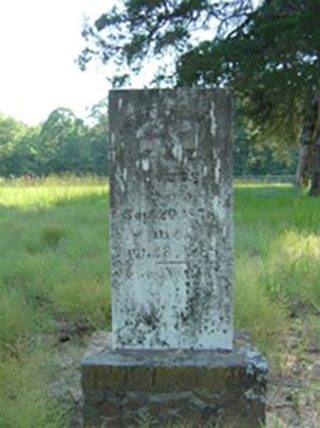
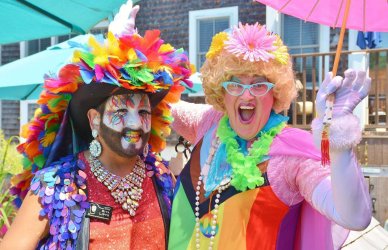
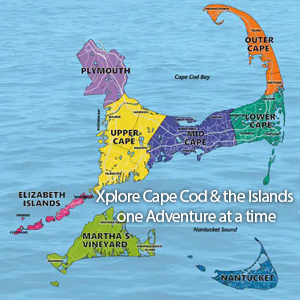
This Post Has 3 Comments
I have just read the article about the “They Also Faced The Sea” installation in Provincetown Harbor.
I would like to compliment the writer, Marguerite Wiser. The article is full of interesting historical information, it is concise, and very well written.
Could you please edit the subhed to read “Who Was Norma Holt?” Turning Norma into a man named “Norman Holts” seems pointedly ironic given the content of her work. I’m pretty amazed it hasn’t already been changed.
Thanks for catching the typo! We appreciate the help.